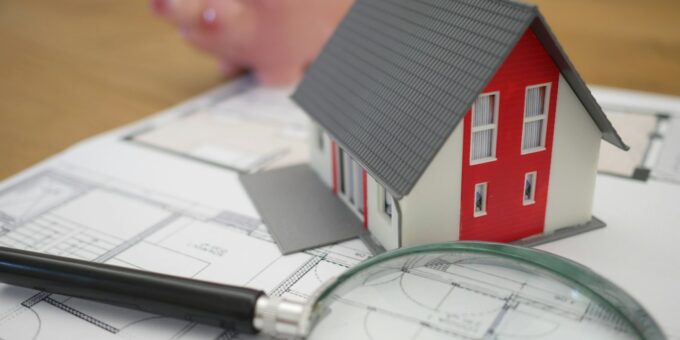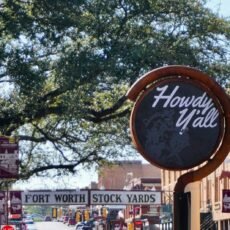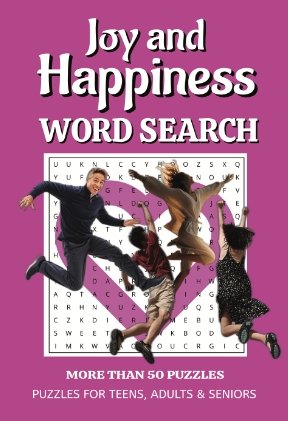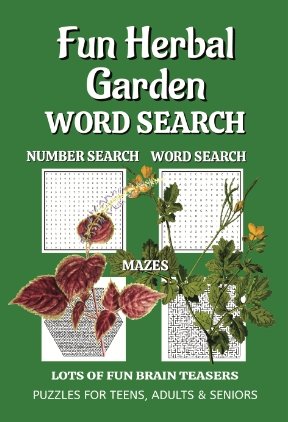
Dallas, Texas, has become a major hub for people seeking a vibrant economy, diverse culture, and a warm climate. Whether you’re considering a move or just curious about what it takes to live in this thriving metropolis, understanding the cost of living in Dallas is crucial. This blog will take you behind the scenes, providing insider knowledge and advanced methodologies to help you navigate the financial aspects of life in Dallas.
Housing Costs: The Big Ticket Item
Housing is often the most significant expense in any city’s cost of living, and Dallas is no exception. The city offers a range of housing options, from luxury downtown apartments to affordable suburban homes. On average, as of 2024, the median rent for a one-bedroom apartment in Dallas is around $1,500 per month, though prices can vary depending on the neighborhood.
For those looking to buy, the median home price in Dallas hovers around $380,000. This is relatively affordable compared to other major cities like San Francisco or New York, but it’s still a significant investment. Advanced methodologies for managing housing costs in Dallas include:
- Exploring Up-and-Coming Neighborhoods: Areas like Oak Cliff and The Cedars are experiencing revitalization, offering more affordable housing options while still being close to the city’s core.
- House Hacking: This involves buying a multi-family property, living in one unit, and renting out the others to cover your mortgage, a strategy that can significantly reduce your housing expenses.
- Leveraging Local Grants: The city of Dallas offers various programs for first-time homebuyers, including down payment assistance and low-interest loans, which can make buying a home more accessible.
Utilities and Transportation: Essential Costs to Consider
Beyond housing, utilities and transportation are essential components of the cost of living in Dallas. The average utility bill in Dallas, covering electricity, heating, cooling, water, and garbage, is approximately $150 per month. However, this can fluctuate depending on the season and the size of your home.
Transportation costs are another significant factor, especially in a sprawling city like Dallas. While the Dallas Area Rapid Transit (DART) system offers public transportation options, many residents rely on cars for their daily commute. Gas prices in Dallas are generally lower than the national average, but owning and maintaining a vehicle can still add up. Consider these insider tips for managing utility and transportation costs:
- Energy Efficiency Improvements: Investing in energy-efficient appliances, smart thermostats, and better insulation can lower your utility bills. Some Dallas utilities offer rebates and incentives for these upgrades.
- Public Transit Passes: If you live near a DART station or bus route, consider purchasing a monthly or annual pass. This can be a cost-effective alternative to car ownership, especially when factoring in the costs of insurance, maintenance, and parking.
- Carpooling and Ridesharing: Apps like Waze Carpool or local Facebook groups can connect you with others in your area looking to share rides, reducing the cost and environmental impact of your commute.
Groceries and Dining Out: Managing Your Food Budget
Dallas offers a wide range of grocery stores, from budget-friendly options like Aldi and Walmart to premium stores like Central Market and Whole Foods. On average, a single person can expect to spend around $300 to $400 per month on groceries.
Dining out in Dallas can vary widely depending on your tastes and preferences. The city is famous for its diverse culinary scene, offering everything from affordable Tex-Mex joints to high-end steakhouses. Here are some advanced methodologies to help manage your food budget:
- Meal Planning and Bulk Buying: Planning your meals and purchasing items in bulk can reduce food waste and save money. Stores like Costco and Sam’s Club offer bulk buying options that can be particularly cost-effective for families.
- Exploring Local Markets: Dallas is home to several farmers’ markets, such as the Dallas Farmers Market and White Rock Local Market. These markets often offer fresh, locally sourced produce at lower prices than grocery stores, and shopping there supports local farmers and businesses.
- Happy Hours and Early Bird Specials: Many Dallas restaurants offer discounted menus during happy hours or for early diners. Taking advantage of these deals can allow you to enjoy the city’s dining scene without overspending.
Healthcare and Insurance: Staying Healthy Without Breaking the Bank
Healthcare is another important consideration when assessing the cost of living. Dallas boasts a strong healthcare system, with several top-ranked hospitals and medical centers. However, healthcare costs can still be significant. For a single adult, health insurance premiums in Dallas average around $450 per month, depending on coverage and provider.
Here’s how you can keep healthcare costs manageable:
- Utilizing Urgent Care Clinics: For non-emergency situations, urgent care clinics can be a more affordable option than visiting the emergency room. Many clinics in Dallas offer extended hours and walk-in appointments.
- Telemedicine Services: Telemedicine has become increasingly popular, offering consultations with healthcare professionals via phone or video call. This can be a convenient and cost-effective alternative to in-person visits for minor health concerns.
- Preventive Care: Taking advantage of preventive care services covered by insurance, such as annual check-ups and vaccinations, can help catch health issues early and reduce long-term healthcare costs.
Entertainment and Lifestyle: Balancing Fun and Finances
Dallas offers plenty of entertainment options, from sports and music to museums and parks. Balancing your lifestyle with your budget is key to enjoying what the city has to offer without overspending.
- Free and Low-Cost Activities: Dallas has numerous parks, trails, and cultural events that are free or low-cost. The Dallas Museum of Art, for example, offers free general admission, and the city’s many parks and nature reserves provide plenty of opportunities for outdoor activities.
- Memberships and Subscriptions: If you regularly visit local attractions, such as the Dallas Zoo or the Perot Museum of Nature and Science, consider purchasing an annual membership. These can offer significant savings if you visit frequently.
- Discount Days and Coupons: Many Dallas attractions and restaurants offer discounts on certain days of the week or coupons through apps like Groupon or LivingSocial. Planning your outings around these deals can help you save money.
Final Thoughts
Understanding the cost of living in Dallas involves more than just looking at housing prices or utility bills. By taking a behind-the-scenes look and applying insider knowledge and advanced methodologies, you can make informed decisions that help you manage your finances effectively while enjoying all that this vibrant city has to offer. Whether you’re moving to Dallas or just looking to optimize your current budget, these strategies can provide the financial peace of mind you need to thrive in the Big D.
















